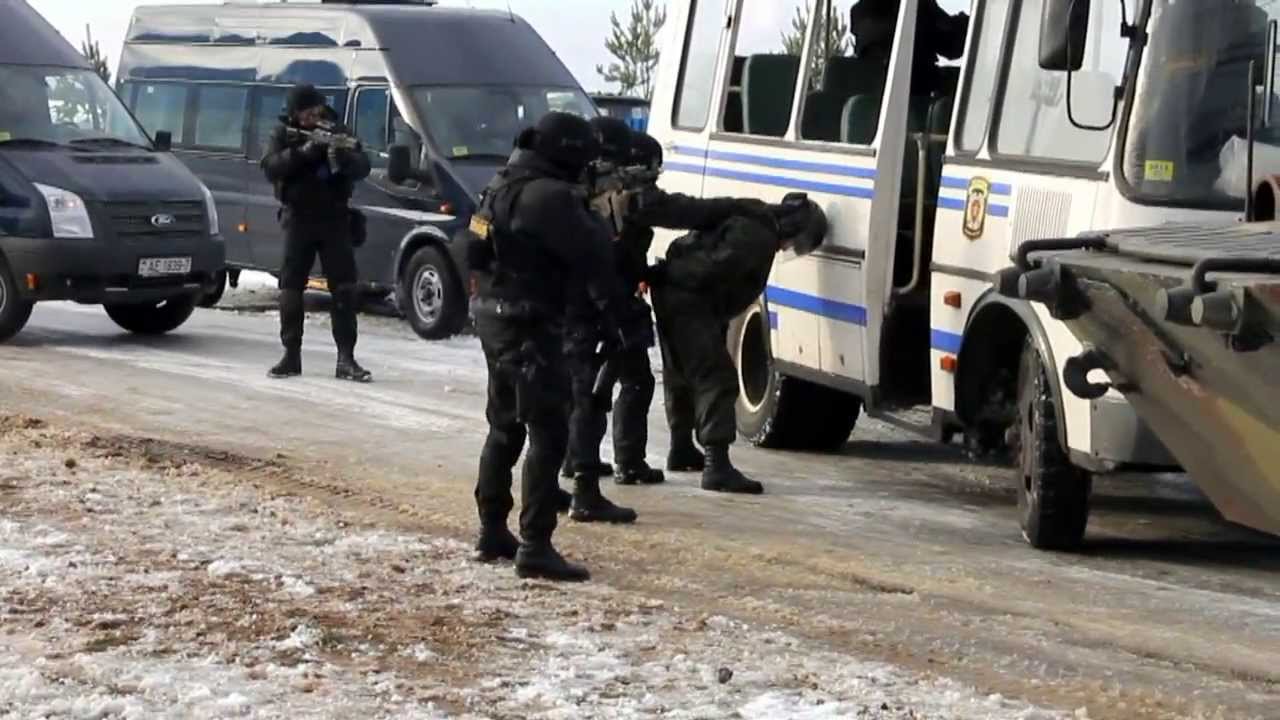Security officials aim to retain influence on the economy; authorities accumulate resources for the presidential elections
 The situation has not changed
The situation has not changed

Power officials aim to retain their positions among nomenclature groups in the fight for the redistribution of public funds. Senior leadership resorts to corruption prosecution to rotate government officials and ensure their loyalty. The authorities delay the growth in welfare until the presidential campaign in 2020.
Security officials aspire to toughen control over public procurement. Last week, they submitted a draft decree on combating unfair mediation to the president. In particular, they seek to enhance bureaucracy and mandatory coordination with higher organizations in public procurement, which, however, is unlikely to significantly reduce corruption or improve the efficiency of public funds usage. Meanwhile, the Belarusian leadership disregards the GRECO recommendations on compliance with the Council of Europe anti-corruption standards.
Amid dwindling public funds, power officials play a significant role in redistributing nomenclature influence. The KGB has revealed a corruption scheme in the alcohol industry, which led to dismissals of Belgospischeprom chairman Zabellа and Minsk Crystal Group Director General Iodis. That said, last summer, Zabellа was among candidates for the Belarusian Ambassador post in Kazakhstan.
Courts have commuted sentences in high-profile economic and political cases. The Minsk City Court has reduced the sentence to the former head of the Minsk City Executive Committee Damaratski from 12 years in prison to seven years. Anarchist Palienka has been sentenced to three years of restricted freedom to be served outside a penal institution, while the prosecutor asked for six-year imprisonment.
Authorities are holding back the pre-election populism related to wage growth and increased social transfers for voters. The average wage in Belarus has been decreasing for the second month in a row. Meanwhile, before the election campaign, wage growth exceeded growth in labour productivity. Presumably, the Belarusian leadership aims to accumulate resources to be able to ensure pay rises during the presidential campaign. The budget deficit in 2019 is likely, primarily due to a significant increase in spending on state employees’ salaries, pensions, extension of the “family capital”, targeted subsidies to large families and security forces.
Overall, the Belarusian leadership aspires to enhance social protection of the population in the year of the presidential elections.
Subscribe to our newsletter




Situation in Belarus
Constitutional referendum: main consequences


 Video
Video
How to count the political prisoners: are the new criteria needed?


 Video
Video
Paternalism In Decline, Belarusian Euroscepticism, And The Influence Of Russia


 Video
Video












